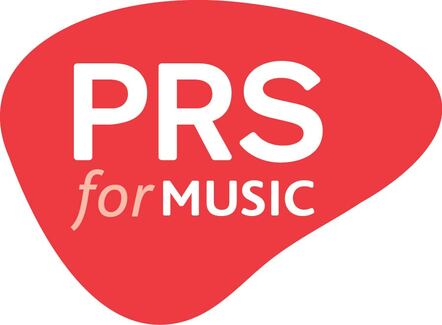New York, NY (Top40 Charts) A study carried out by PRS for
Music has found that overall usage of stream-ripping services dramatically increased by 1390% between 2016 and 2019, overshadowing all other illegal online music activity in the UK.
Online rights monitoring company INCOPRO was commissioned by PRS for
Music to produce 'Stream-ripping: its role in the UK music piracy landscape three years on', looking at trends in this specific method of music piracy. The newly published research continues work initiated in a 2016 study undertaken to better understand stream-ripping and its impact on the UK market.
Data used for the research was taken from INCOPRO's Identify database, consisting of over 17,000 piracy sites based on their estimated use in the UK, and a sample of 100 of the most popular stream-ripping services.
Research revealed that websites promoting stream-ripping services, which allow users to illegally create permanent offline copies of audio or video streams from platforms such as YouTube, now account for 80.2% of the 50 most popular music-only infringing sites, an increase of 12% since the 2016 study.
Within the top 50, there was a notable drop in the proportion of BitTorrent sites, decreasing from 14 to six. This is likely due to increased geo-blocking and enforcement efforts from the wider music industry, including PRS for Music's own Member Anti-Piracy
System (MAPS) tool.
YouTube remains the legitimate service most exploited by stream-ripping, with 70 of the 100 services surveyed exclusively offering 'YouTube ripping'. Spotify is now the second most affected service, overtaking SoundCloud since the 2016 research. Deezer, Amazon
Music and Tidal were amongst other popular licensed platforms most targeted.
Of 60 stream-ripping services analysed to determine server locations and hosting providers, over half (32) were found to be based in the US. This number may be misleading however, as 25 of the services use the content delivery network Cloudflare, which could mask their true hosting provider's location, leading to additional challenges for copyright infringement notifications.
Advertising is still found to be the main source of funding for stream-ripping services. Categories of advertising found on these sites included generic/other (52%), scams (34%) and malware/Potentially Unwanted Programs (PUPs) (14%), with many in the generic/other category likely unaware that they are being associated with pirated content alongside other potentially harmful advertisements.
Simon Bourn, Head of IP and Litigation, PRS for Music, said: "This report shows that music piracy is very much still alive and kicking, and that stream-ripping is now responsible for a mammoth proportion of the overall piracy problem. Streaming royalties now account for over 20% of our members' income, and the popularity of this illegal activity has a severe and direct impact on the royalties we can collect for them from legitimate services. Each time a stream is ripped, the user is then listening to and consuming that rip outside of the licensed ecosystem.
"We will continue to take all possible measures to prevent stream-ripping services from existing, in order to maximise the royalties we collect for our members and to ensure they receive fair remuneration for their work. We also expect others who are in positions of responsibility within the digital economy, including app stores, software and plug-in platforms, ad networks, YouTube and other licensed services, to play their own parts in preventing these illegal services from stealing music and depriving songwriters, composers and music publishers of their rightful reward."
Andrea C. Martin, CEO, PRS for Music, said: "Since this research was conducted, the world has changed beyond what anyone could have imagined due to COVID-19. The prolonged absence of income from live performance means that revenues generated on legitimate digital platforms are more important than ever. While the report shows that our efforts are going in the right direction, it is equally clear that we must persist and continue to work closely with both government and the wider music industry to foster a secure digital environment for music creators and consumers alike."
























